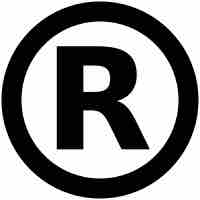Brand Ownership
Brand ownership is about building, developing and sustaining a brand that reflects your principles and values and which effectively persuades consumers to believe in and purchase your product/service.
In order to really own your brand, you must have a clear understanding of where your brand stands in the marketplace today, and a concrete strategy that outlines how you wish to manage and grow your brand moving forward. Equally important is understanding what makes your brand different. You must also create clear and persuasive messaging communication targeting your end consumer. You should also develop a plan to reach your goals in a realistic and organized fashion.
When you truly own your brand, your money is spent wisely on marketing that is targeted, sharp and effective because you have a sophisticated understanding of the marketplace, your product/service, your consumer base and your strategy. This will translate into disciplined and effective brand management that will enable you to remain relevant in a rapidly-changing [and oftentimes saturated] marketplace.
Brand ownership should also be considered the responsibility of its management and employees. Steve Jobs, for example, was considered a leader in shaping the identity of Apple, which has helped fuel a very high stock price for the company. As a result, the brand image and reputation has attracted some of the world's best talent which, in turn, has yielded an variety of innovative mobile products that will undoubtedly be marked in the history of popular consumer culture.
A brand owner may seek to protect proprietary rights in relation to a brand by registering the trademark such that it becomes a "Registered Trademark. " Also, a firm or licensor can also grant the right to use their brand name, patents or sales knowledge in exchange for some form of payment.

The Registered Trade Mark Logo
This symbol is designated by ® (the circled capital letter "R")